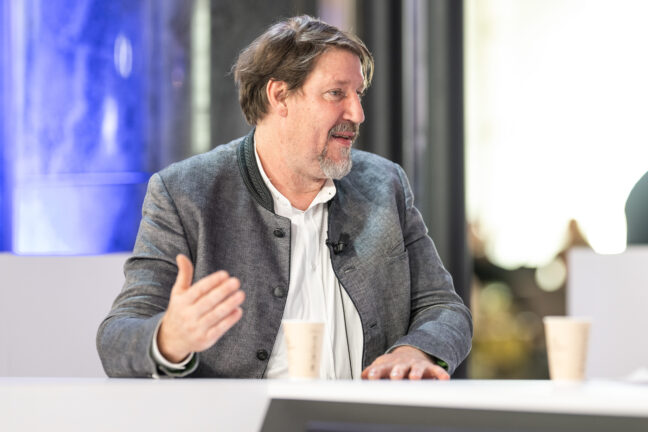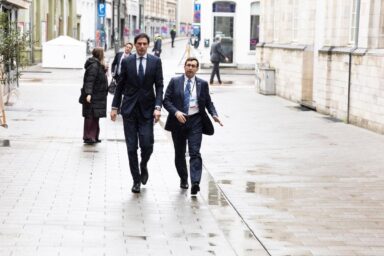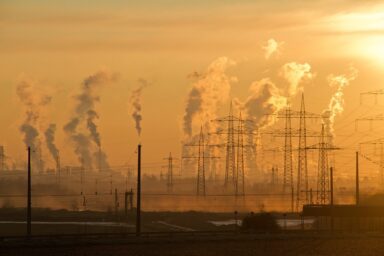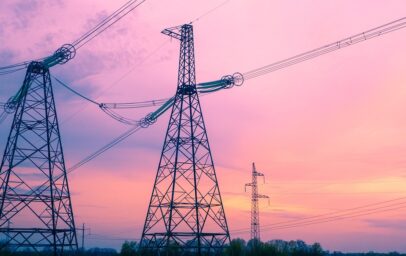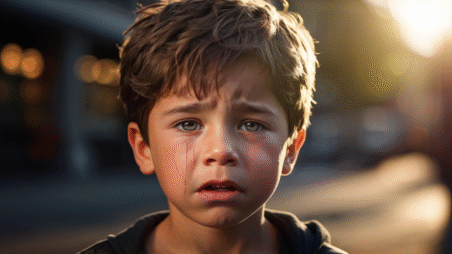European farmers understand the threats of climate change full well—but they cannot eke out a living because European politicians cannot seem to keep their end of the bargain. MEP Thomas Waitz (Greens-EFA/AUT) said as much to his co-debaters in the EU Perspectives agriculture podcast, fellow MEPs Veronika Vrecionová (ECR/CZE) and Norbert Lins (EPP/GE) on 13 May.
Saying that public policies are never affected by any other factors than pragmatism would be stretching things. Thomas Waitz is well-positioned to know. As a member of the European Parliament’s Greens/EFA faction, he participates in the EU legislative process in Brussels and Strasbourg; as a farmer in his native Austria, he also lives by its products. The message he brought to the EU Perspectives agriculture podcast was unflattering: the society is failing those who feed it.
“Climate change? Farmers are the ones out there every single day. We as farmers, we work with climate, we work with the weather, we need the rain, we need the sun. We’re affected by late frost, as an example. I’m a beekeeper, my bees react immediately to weather events, and it defines whether I will have a harvest or not,“ he shot back in response to a question whether climate change is the most pressing challenge facing European farmers.
“Well, first of all, the main problem for farmers is that they cannot live from the prices they get for their goods. And we have driven farmers in Europe into a situation where they are highly dependent on public subsidies,“ Mr Waitz said, switching to the inclusive first-person plural.
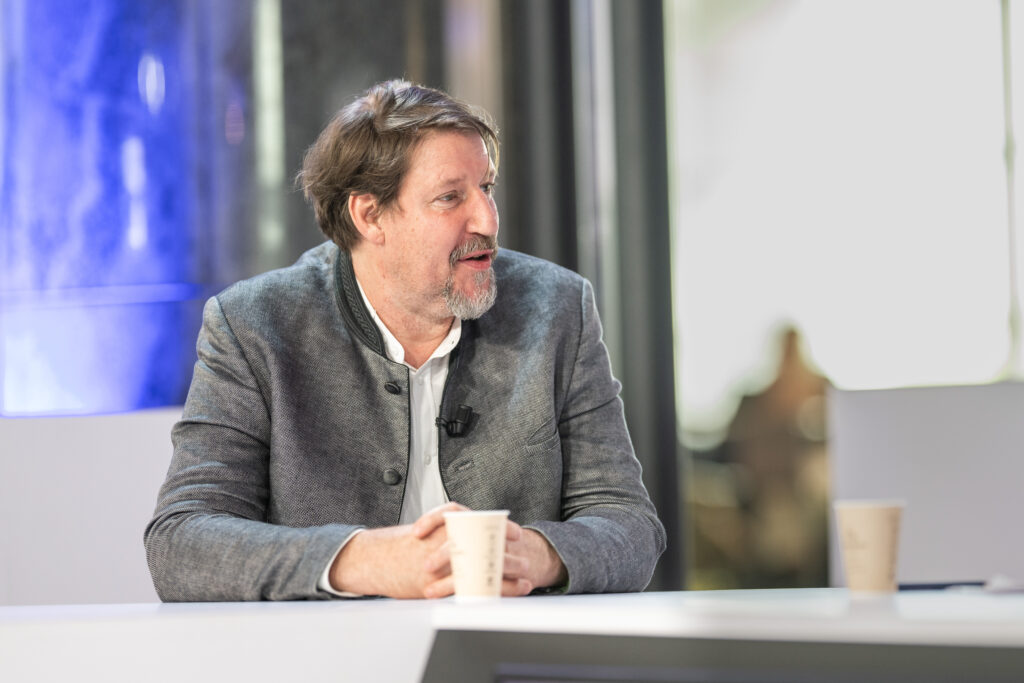
Impossible situation
„We have actually promised to them that we will compensate their losses on the market, and these subsidies are decreasing, and decreasing, and decreasing,“ Mr Waitz’s words painted a gloom picture. “On top of that, we see big demands of society towards the farming sector to also protect climate and biodiversity and to act in a way that is climate and biodiversity friendly. But if you’re already squeezed economically, and if you are at the brink of bankruptcy, it’s very difficult to do additional work or invest additional money into environmental protection and climate protection. So we’ve brought many farmers into a close to impossible situation,“ the MEP said.
“So farmers understand the threats of climate crisis, but they don’t see enough support coming from society that they can actually change the production method towards more agroecological methods or organic methods,“ the Austrian summed up his opening salvo.
You might be interested
While Mr Waitz’s message was measured and delivered in a cordial tone, the substance was damning. It had the added weight of coming from Austria, a country that, as sustainable agriculture practices go, has been doing remarkably well.
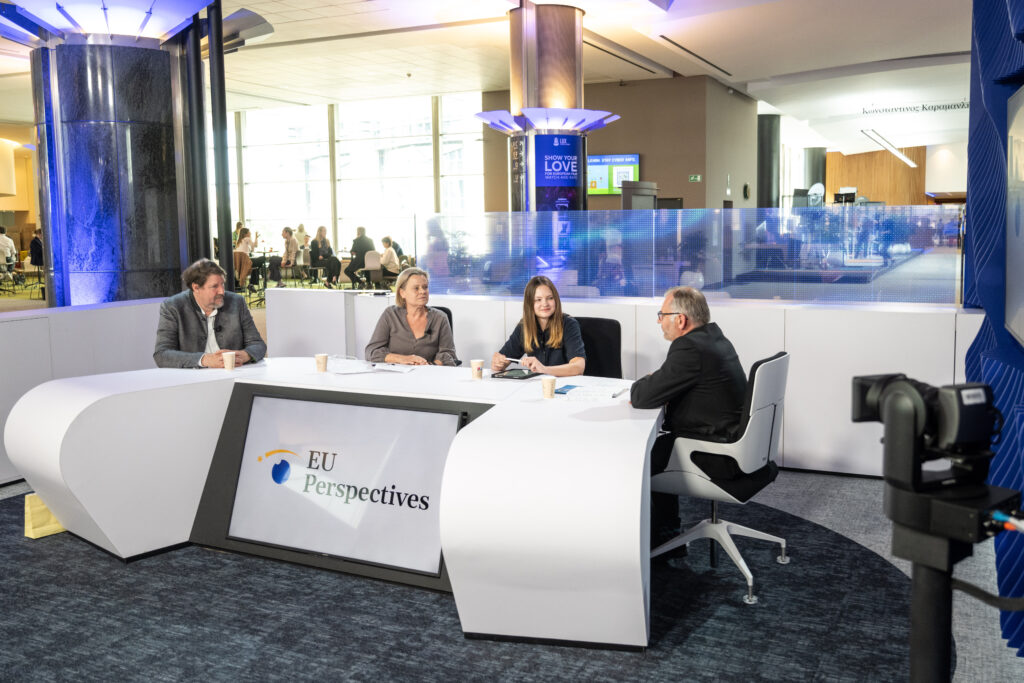
The frontrunners
“Austria is the frontrunner when it comes to generational renewal,“ he said. “Austria is also the frontrunner when it comes to organic agriculture. We have 25 per cent organic agriculture and we know from various research that young people tend much more to take over organic farms than conventional farms. I don’t want to say the one is good and the other is bad. It’s not like that in agriculture. It’s a very diverse picture and a lot of conventional farmers are very careful with climate and environment. It’s not only organic farmers who care for the environment.“
The MEP then proceeded to suggest a link between member states‘ agricultural policies and their sharply varying stages of generational renewal. “We can see different situations in different member states. Maybe we should look a bit deeper into the differences in the agricultural sector in different member states. We see that young people prefer to take over farms that are not doing mass breeding, that are using less toxic substances, that are trying to work in the line with nature and climate. And I think maybe this should be a bit of a learning also for our future agriculture policies.“
Mr Waitz was no less vocal on the so-called renationalisation of farming rules, a trend that has shaped much of the past years‘ Common Agriculture Policy. To make a long story short, he is not a fan. “We originally had European rules, very much European rules, and then there were a lot of complaints that one size doesn’t fit all, even as we always had different modulations for different areas. And then we had a renationalisation in the last Common Agriculture Policy, which results in 27 member states having 27 different subsidy schemes,“ he said before giving his co-debators a vivid real-life example.
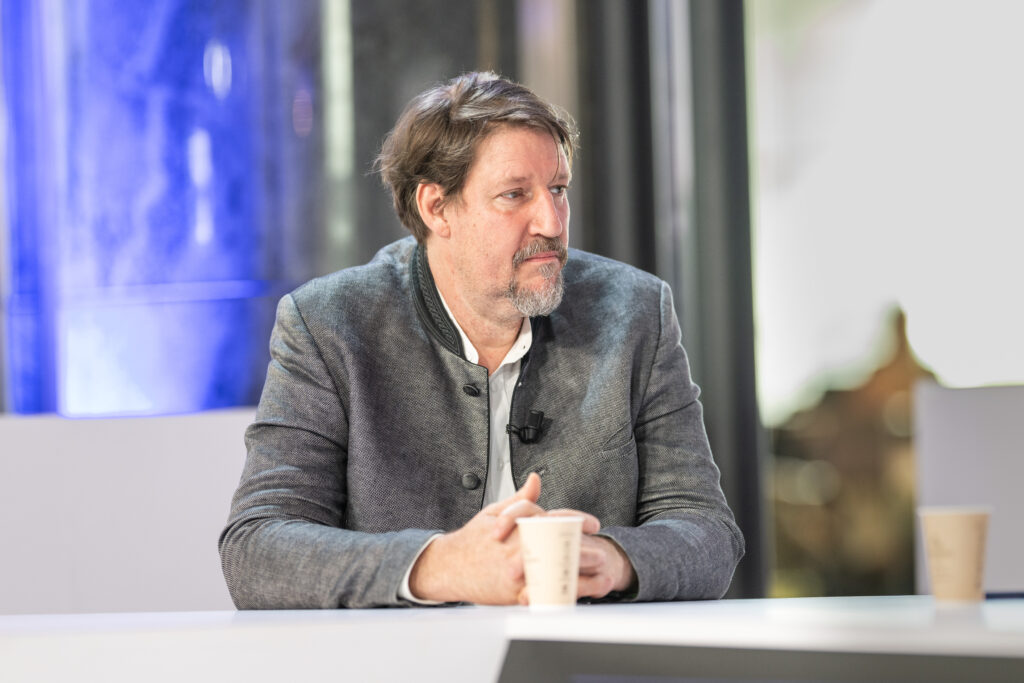
Not a good idea
„I live in an area where Slovenia is next door and Hungary is also next door. And we all deliver to the same slaughterhouse. But we don’t have a level playing field when it comes to competition, because everybody gets different subsidies for what they’re doing for one and the same animal breeding standards. So I’m skeptical (to the notion) that renationalisation was a good idea,“ he argued.
Mr Waitz’s skepticism was not limited to the renationalisation per se. “I’m even more skeptical now to the Commission’s idea to give the countries a whole envelope with agriculture money, and cohesion money, and regional funds money, and let them decide on how to spend it. I think this is a very bad message for agriculture,“ Mr Waitz said and went on to explain his position immediately. “We see that governments tend to support less numerous, bigger projects; five big projects are easier to run than 500 small projects. But supporting regional value chains means precisely a lot of small agriculture projects.“
Some common ground
Despite the differences in their national priorities and political inclinations, the debaters found areas with some common ground—even if those tended to cover general aspirations rather than concrete policies. MEPs Veronika Vrecionová (ECR/CZE) and Norbert Lins (EPP/GE), both ranking AGRI Committee members, stressed the importance of food security and the need for more research.
“What I just want to clarify again, and there I join Norbert and Veronica, the security of food production, so producing food for European citizens, is part of our security. We shouldn’t forget that. And if we understand that we need more focus on defence, we need to learn to cooperate more, to buy together, to join forces, the forces that we have,“ Mr Waitz likened the process of maintaining European food security to the—currently oft-cited—need for a closer alignment of member states‘ defence efforts. He also advocated for more research, saying „that’s what we are good at in the European Union“.
The issue of genetics
Differences in the debaters‘ views, however, remained substantial. Not surprisingly, genetic modification provided one of the friction areas. Ms Vrecionová, an ardent supporter of the potentially groundbreaking technologies known commonly as New Genomic Techniques, spoke her mind. “For a long time, I’ve been working on the new legislative for NGTs, which can really help, in my opinion. Farmers around the world use them, and European farmers still cannot. I think really that it can help not only this but a lot. I am in contact with a lot of farmers and scientists all over Europe, and they really expect that the NGTs really can help them.“
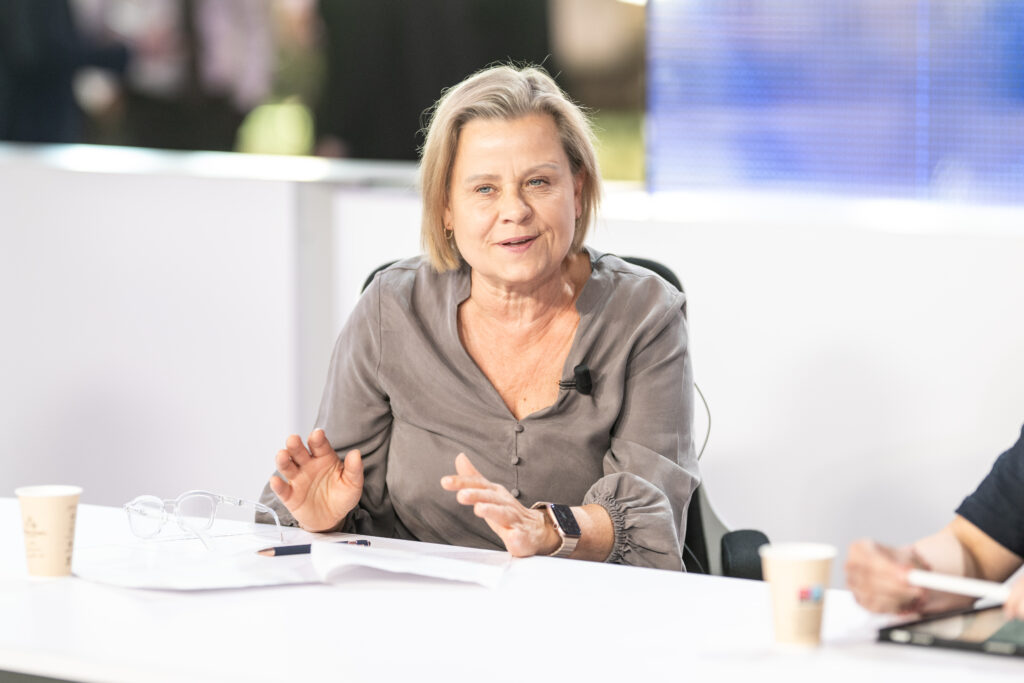
Mr Waitz disagreed emphatically. “I strongly disagree (with) the New Genomic Techniques. I think it will only serve the chemical companies and the four or five big seed providers of the world that already control 50 per cent of the markets. If we cannot prevent these companies to take patents on genomic dispositions, which can also appear naturally, then we are doomed,“ he said.
End of independent seed production
“This includes patents on just about every kind of seeds, and that‘s the end of independent seed production, and there we really have a problem. I‘ve worked on NGTs for 30 years now, and there’s a lot of promises of what is possible theoretically—but in practice, 95 per cent of all genomically modified organisms that ever came to the market are either glyphosate or glyphosate-resistant, or are somehow related to certain pesticides that you need to use. So I’m very skeptical that farmers will profit from that in any way.“
Ms Vrecionová acknowledged the issue of the patents. “Of course, I absolutely understand, and we are on board, I think all of us, that this question of patents is here on the table. Just now we are in trialogues and we are trying, you know to to have it without patents, because then I think that it really can help.“
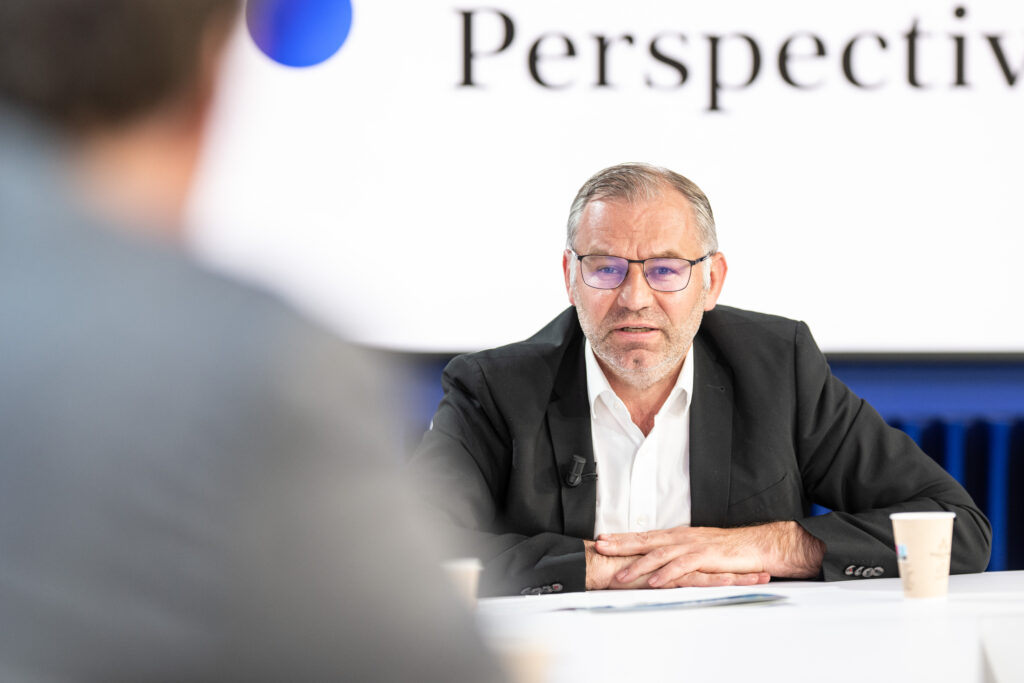
Mr Lins then sounded a cautiously optimistic note with an eye on the future. “I’m really happy that we have now a strong commissioner in charge. That was not the case in the last term. I have the clear impression that he has, in principle, the backing of the Commission’s president. This was, as well, not the case.“ As to the epic battles for a bigger slice of the budget pie, the German MEP displayed the pragmatism of a seasoned veteran. “This was always a fight and this fight will continue. But I’m happy that a clear majority in the Parliament last week voted in favour to increase the agriculture budget,“ he said in relation to a report voted in the plenary on Parliament’s priorities for the next multiannual financial framework.
A daunting job
Asked whether he shared his colleague’s optimism, Mr Waitz was blunt. „No,“ he said. “I’m really worried.“ He mentioned inconsistenices in the Commission’s Vision for Agriculture and Food initiative. “You find the call to be more biodiversity- and climate-friendly there, but also the call to be more competitive.“ One must wonder what the ultimate priority is, he suggested.
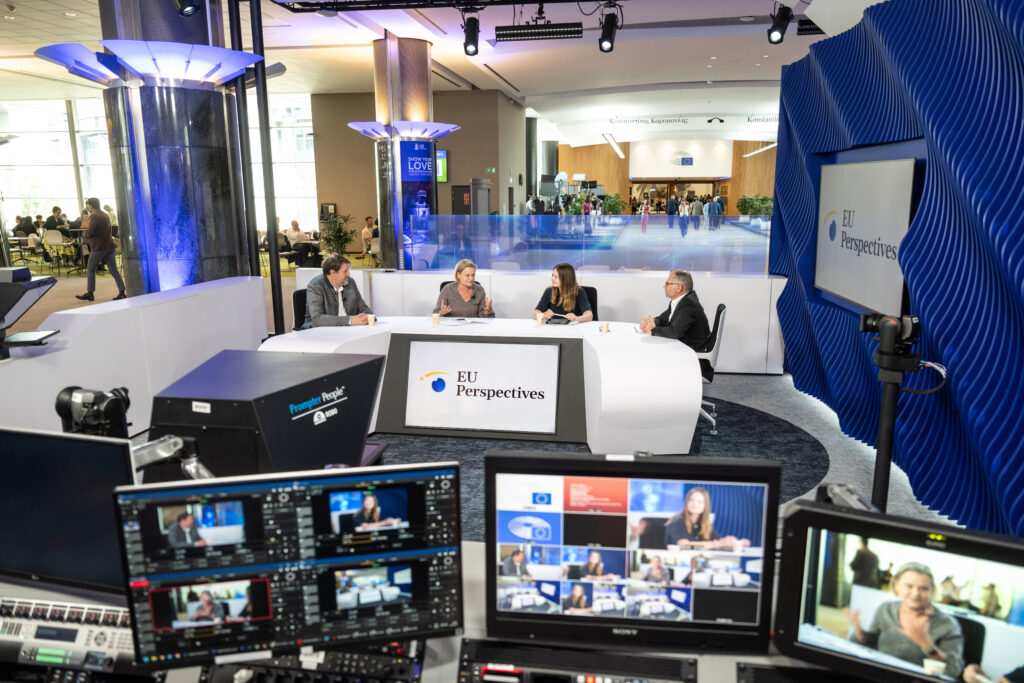
“I’m a mountain farmer, I’m a beekeeper, I’m a forester, but I also like other areas of farming. For me, the priority should be to support European farmers to produce healthy food with respect for environment and animal welfare and social standards. I think we have the knowledge to do that. But our job here is now to create a common agriculture policy that actually supports that, that encourages farmers to go this path,“ Mr Waitz said.
“And this is still going to be quite a big job for us to deliver,“ he added. Nobody opposed him.
